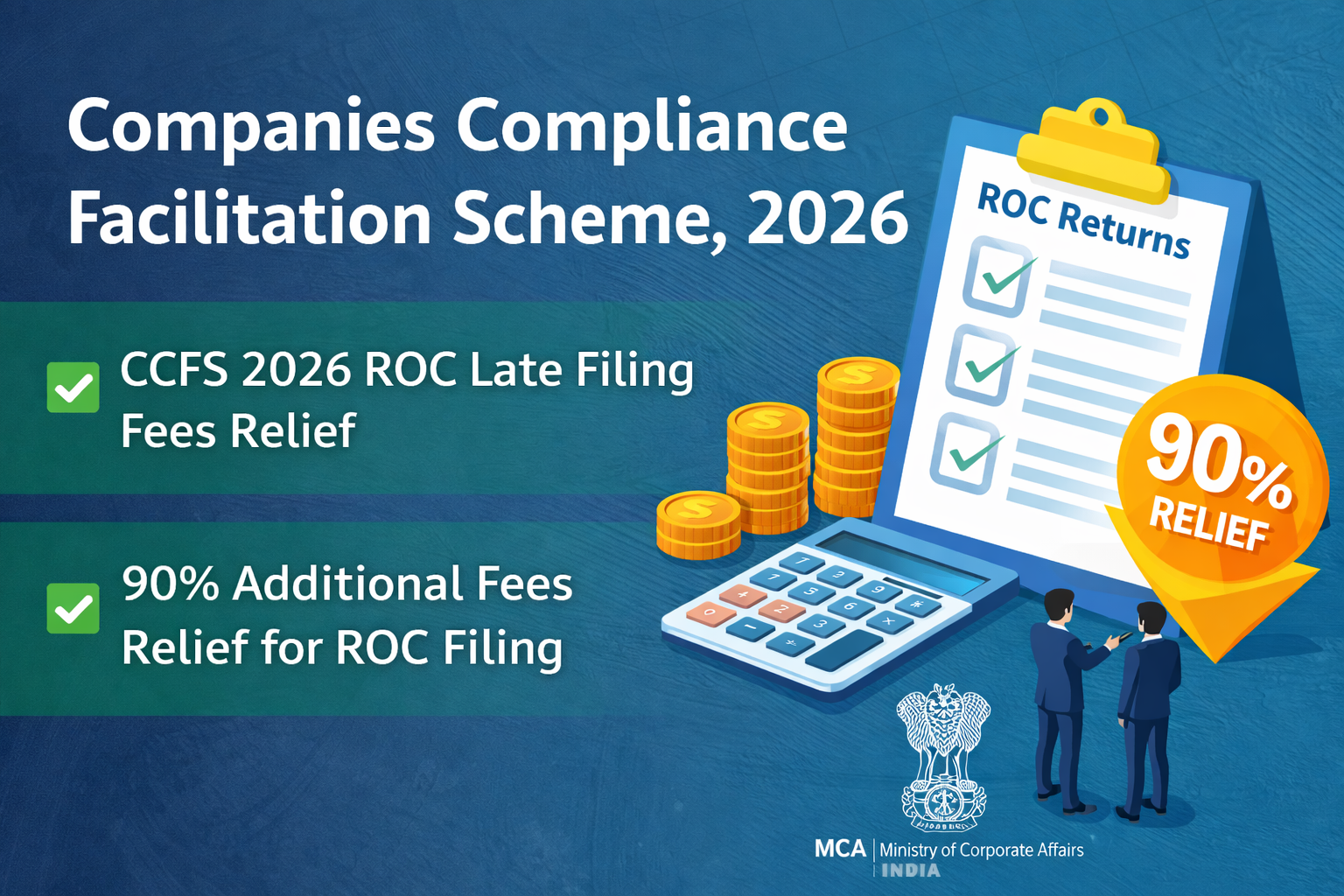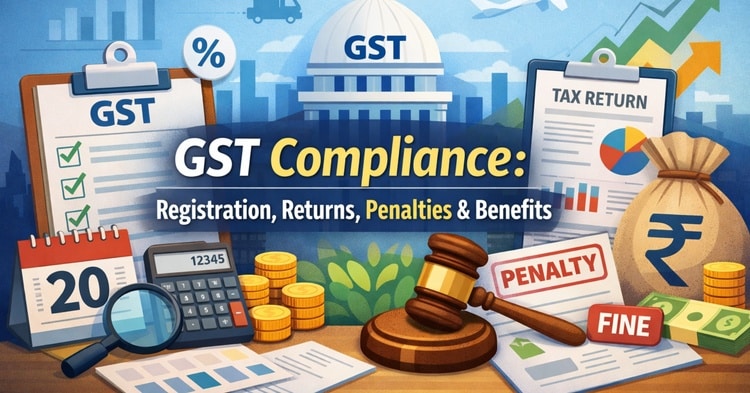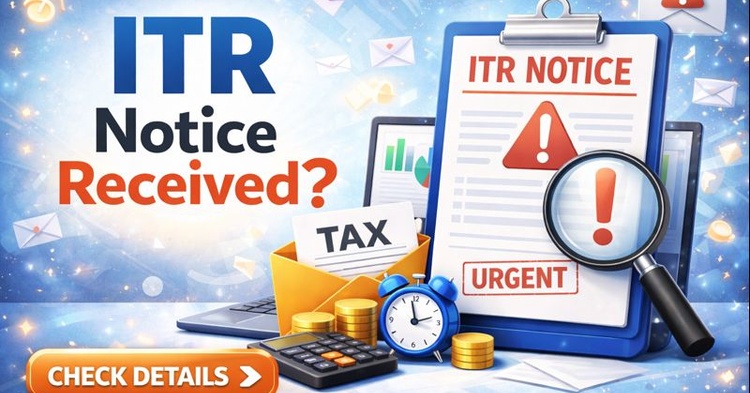Table of Contents
ToggleGST vs Income Tax: Key Differences in the Indian Tax System Explained
Taxation in India is broadly categorized into direct taxes and indirect taxes. The two most significant taxes that individuals and businesses deal with are Goods and Services Tax (GST) and Income Tax. While both are integral to India’s tax system, they differ significantly in terms of applicability, calculation, and purpose.
This article provides a detailed comparison of GST vs Income Tax, their applicability, tax rates, compliance requirements, and key differences to help individuals and businesses understand their tax obligations.
What is GST?
Goods and Services Tax (GST) is an indirect tax levied on the supply of goods and services. Introduced on July 1, 2017, GST replaced multiple indirect taxes such as VAT, service tax, excise duty, and CST to create a unified tax system.
Key Features of GST:
✔ Levied on supply of goods and services at different stages of production and distribution.
✔ Businesses collect GST from customers and deposit it with the government.
✔ Multi-stage tax system – applied at every point in the supply chain.
✔ Allows businesses to claim Input Tax Credit (ITC) to offset tax paid on purchases.
✔ GST is administered by both central and state governments.
GST Tax Structure in India
GST is categorized into:
- CGST (Central GST) – Collected by the Central Government.
- SGST (State GST) – Collected by the respective State Government.
- IGST (Integrated GST) – Applied on interstate transactions and collected by the Central Government.
GST Tax Rates in India
| Category | GST Rate |
|---|---|
| Essential Goods (Food grains, fresh milk, vegetables) | 0% GST |
| Packaged Foods, Medicines, and Transport Services | 5% GST |
| Standard Goods & Services (Electronics, Restaurants) | 12% - 18% GST |
| Luxury Goods (Cars, Alcohol-based Perfumes, Tobacco) | 28% GST + Cess |
What is Income Tax?
Income Tax is a direct tax levied on the earnings of individuals, businesses, and other entities. It is governed by the Income Tax Act, 1961, and is collected by the Central Government.
Key Features of Income Tax:
✔ Levied on personal income, business profits, capital gains, and rental income.
✔ Individuals and businesses must self-assess their tax liability and pay accordingly.
✔ Businesses and salaried individuals must file Income Tax Returns (ITR) annually.
✔ Individuals are taxed based on income slabs.
Income Tax Slabs for Individuals (FY 2023-24)
| Income Slab (₹) | Old Regime Tax Rate | New Regime Tax Rate |
|---|---|---|
| Up to ₹2,50,000 | Exempt | Exempt |
| ₹2,50,001 - ₹5,00,000 | 5% | 5% |
| ₹5,00,001 - ₹7,50,000 | 20% | 10% |
| ₹7,50,001 - ₹10,00,000 | 20% | 15% |
| ₹10,00,001 - ₹12,50,000 | 30% | 20% |
| ₹12,50,001 - ₹15,00,000 | 30% | 25% |
| Above ₹15,00,000 | 30% | 30% |
Types of Income Tax
- Personal Income Tax – Paid by individuals and salaried employees.
- Corporate Tax – Paid by businesses and companies.
- Capital Gains Tax – Paid on the sale of assets like property and shares.
- Tax on Other Income – Rental income, dividends, and freelancing income.
Key Differences Between GST and Income Tax
| Criteria | GST (Goods & Services Tax) | Income Tax |
|---|---|---|
| Type of Tax | Indirect Tax | Direct Tax |
| Applicability | Levied on the sale of goods and services | Levied on income earned by individuals and businesses |
| Who Pays the Tax? | Businesses collect GST from customers and pay it to the government | Individuals and businesses pay tax on their earnings |
| Tax Rate | Varies (0% to 28% based on product/service) | Based on income slabs (5% to 30%) |
| Tax Filing Frequency | Monthly/quarterly GST returns (GSTR-1, GSTR-3B, GSTR-9) | Annual filing of ITR (Income Tax Return) |
| Claiming Input Credit | ITC can be claimed to reduce tax liability | No input credit mechanism |
| Regulating Authority | GST Council & CBIC | Income Tax Department |
| Penalty for Non-Compliance | Late fees, interest, and cancellation of GST registration | Penalties, fines, and interest on unpaid taxes |
GST vs Income Tax: Which One Applies to You?
✔ If you sell goods or provide services, you must register for GST and file regular GST returns.
✔ If you earn a salary, business income, or capital gains, you need to pay Income Tax and file an ITR.
✔ A business owner may have to pay both GST and Income Tax, as GST applies to sales and Income Tax applies to profits.
✔ Freelancers providing services must pay both GST (if turnover exceeds ₹20 lakh) and Income Tax (based on slabs).
Tax Compliance Tips for Businesses and Individuals
✔ Register for GST if turnover exceeds ₹20 lakh (₹10 lakh in special category states).
✔ File GST returns monthly or quarterly to avoid penalties.
✔ Maintain proper invoices and records to claim Input Tax Credit (ITC).
✔ File Income Tax Returns (ITR) annually before the due date.
✔ Use tax-saving investments (PPF, NPS, ELSS) to reduce Income Tax liability.
✔ Seek professional assistance to ensure tax compliance and avoid penalties.
Conclusion
Understanding the difference between GST and Income Tax helps individuals and businesses manage their tax liabilities efficiently. While GST applies to transactions on goods and services, Income Tax applies to earnings and profits. Both taxes have separate compliance requirements, and businesses often have to pay both.
Need Help with GST & Income Tax Compliance?
Contact CharteredHelp today! 📞 Call: 9870525656
Ensure smooth tax filing and compliance with expert guidance. Get in touch now!

CharteredHelp is a team of experienced professionals providing tax, accounting, auditing, and compliance services for businesses and individuals. With over 10+ years of experience, we assist clients with GST registration and filings, income tax returns, company registration, trademark services, accounting, auditing, and handling tax notices. Our focus is on providing practical, reliable, and timely support to help clients stay compliant and grow their businesses with confidence.








